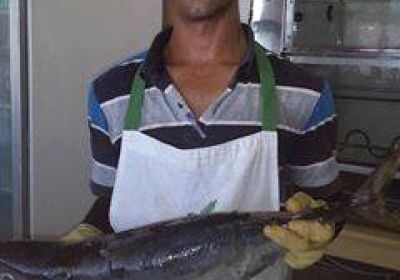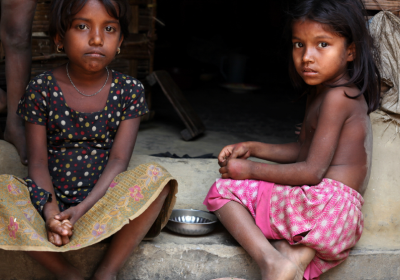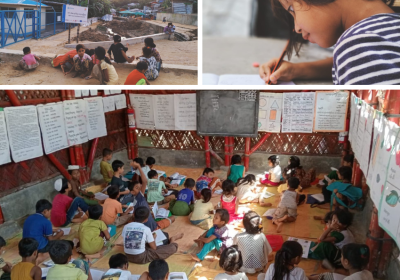
Among the myriad challenges facing Rohingya refugees is the denial of education — a profound injustice with far-reaching consequences, writes Noor Sadeque.

Among the myriad challenges facing Rohingya refugees is the denial of education — a profound injustice with far-reaching consequences, writes Noor Sadeque.
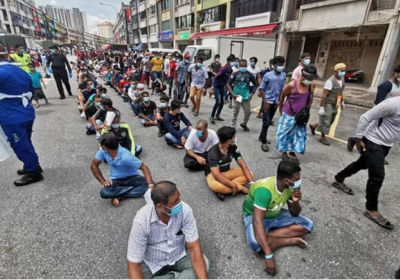
More than 2000 refugees and migrant workers have been rounded up by Malaysian authorities since May 1, in a series of sweeps through communities under the pretext of combatting COVID-19, writes Peter Boyle.
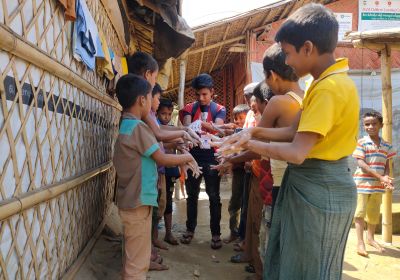
To date, there have been no cases of COVID-19 among the close to a million Rohingya refugees currently sheltering at camps in southern Bangladesh, writes Paul Gregoire. However, the danger of a mass outbreak is very real.
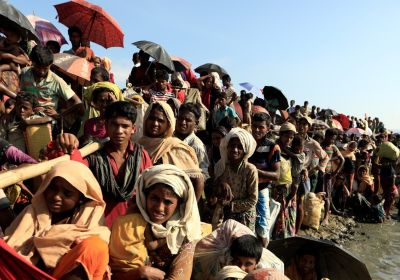
A boat carrying 200 Rohingya men, women and children was turned away from Malaysian shores by the Royal Malaysian Navy on April 16, writes Alex Salmon. This move comes amid growing xenophobic sentiment against Rohingya refugees in Malaysia.
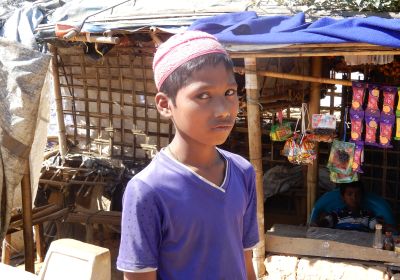
Rohingya refugees living in a refugee camp in Bangladesh are just surviving, as they look towards the day when they can return to their homeland, writes Paul Gregoire.
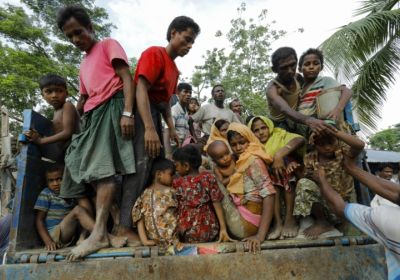
During the early hours of August 25, some 20 to 30 police posts were attacked in Maungdaw, Buthidaung and Rathedaung townships in the north of Rakhine State in Myanmar (also known as Burma). Twelve police were killed along with 16 attackers.
Responsibility for these attacks was later claimed by the Arakan Rohingya Salvation Army (ARSA).
In the two weeks since, the Myanmar military’s response has been brutal, widespread and indiscriminate. While accurate figures are not available, between 400 (military’s estimate), and “around a thousand” (United Nations estimate) Rohingya have been killed by the army.
